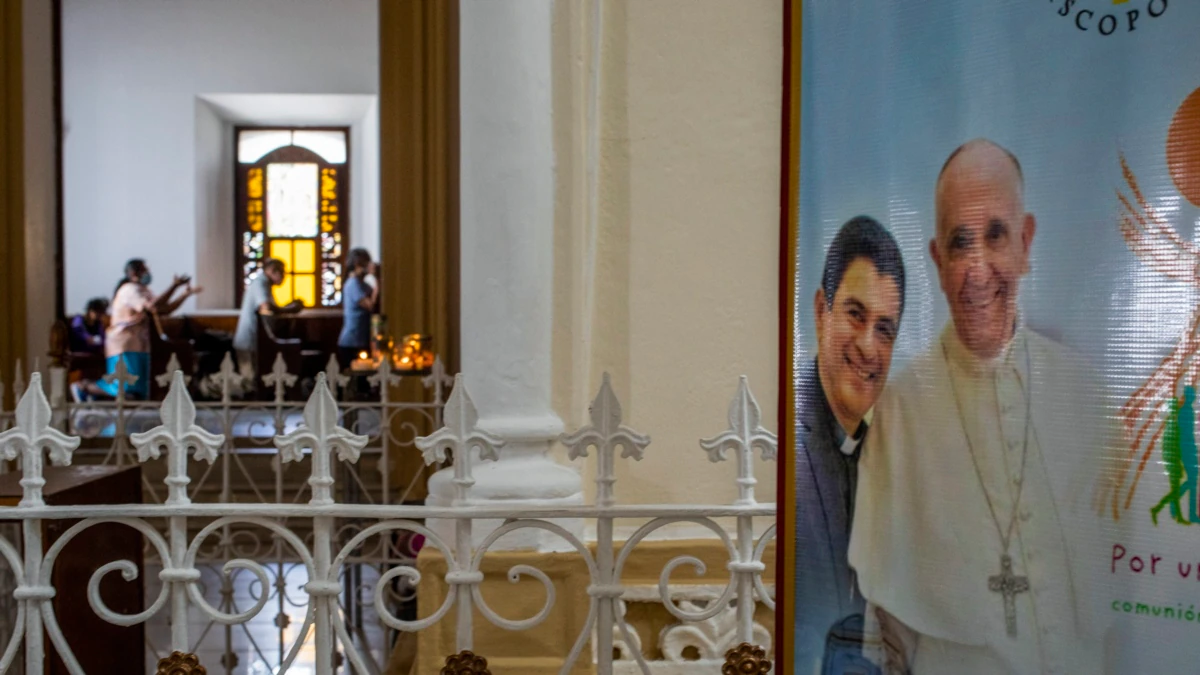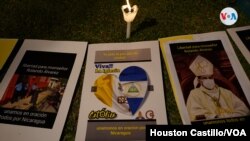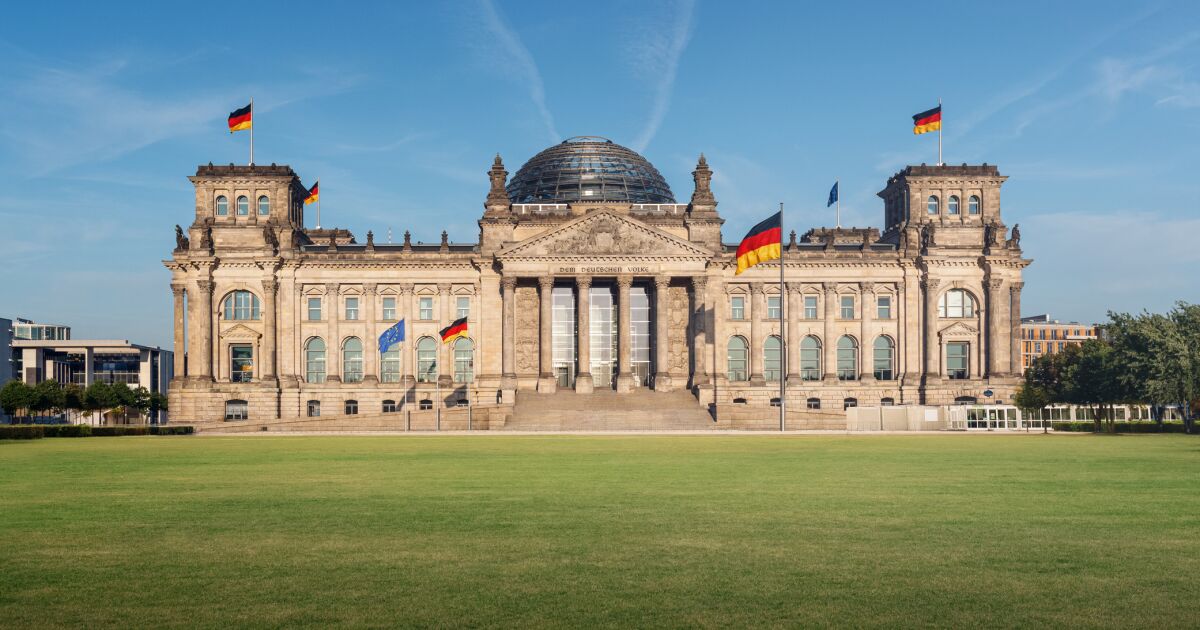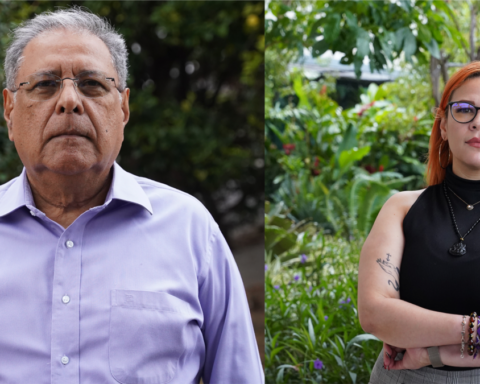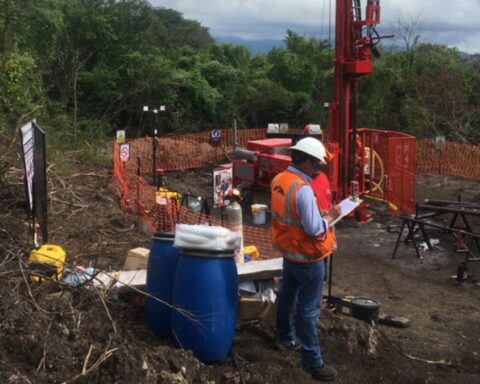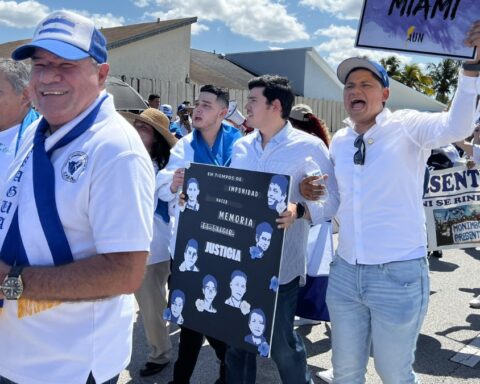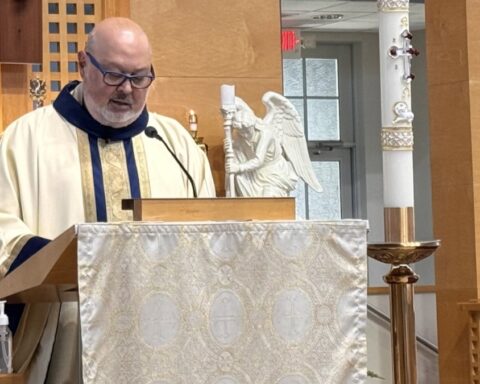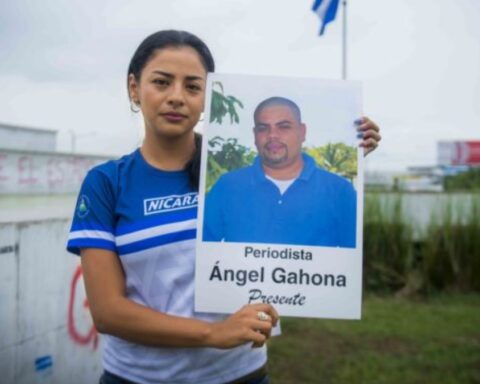With most of the opponents in jail and others in exile, the Nicaraguan priests would represent for President Daniel Ortega the last critical voice left in the country and for this reason the Sandinista president is trying to silence them at all costs, according to analysts consulted by the Voice of America.
This Friday, one of the most recent actions against the Church took place, after the Nicaraguan authorities forcibly removed Monsignor Rolando Álvarez from the Episcopal Palace, where he had been held for two weeks in the city of Matagalpa, some 100 kilometers northeast of Managua.
Álvarez is one of the most critical bishops of Ortega, and according to the opponents, for this reason, the justice indicated to be controlled by the president opened an alleged investigation against the religious in order to exile him.
However, the religious remained in the Episcopal Palace for more than two weeks carrying out religious activities which, according to a police statement, “were destabilizing and provocative.”
The activist of the opposition Blue and White National Unity, Ana Quiros, told the VOA this Friday that “Ortega does not want to leave anyone who has the courage to raise their voice and in this period, those who have remained to raise their voices are the priests, the Catholic people who have not been daunted; that, despite all the threats, he has been there next to his pastors.”
Sociologist Zoilamérica Ortega Murillo, daughter of Nicaraguan Vice President Rosario Murillo, who is in exile in Costa Rica after having denounced President Ortega for a case of alleged sexual abuse years ago, agreed along the same lines.
“The regime considers the Church a political enemy… (his arrest) is an outrage against Christian sentiments, however Monsignor Rolando Álvarez has given us inspiration by having even in his last moments words of peace”, commented Murillo to the digital media Nicaragua Actual during a vigil called by the opposition on Friday in the Central Park of Costa Rica.
Zoilamérica believes that the arrest of the religious seeks Ortega and Murillo to have control in all aspects, since the only spaces for mobilization that have remained in Nicaragua “are the churches.”
Currently in Nicaragua, protests have been prohibited since September 2018, for which the Police alleged that permits should be requested to avoid “causing anxiety.”
The opposition Julio César Espinoza Rodríguez, a former police officer who deserted the institution and went into exile in Costa Rica, also participated in the vigil.
“We are here in solidarity with Monsignor Álvarez. I’m still fighting here, since I left the National Police. I continue to raise my voice for the people of Nicaragua, who have been massacred on the orders of Ortega and the National Police,” Espinoza said, recalling that the Police must be apolitical, as established by the Constitution.
“They have ignored and are defending the interests of a government and not the interest of the people,” he said.
Similarly, the political expert Gabriel Putoy spoke, who demanded the freedom of the priests who have been detained in Nicaragua in recent months.
“Here we are present as the people of God telling our Catholic brothers that we are accompanying them in their ordeal and also asking Pope Francis to pronounce himself with greater belligerence and as soon as possible,” Putoy stressed.
The priests are accused by Ortega of trying to carry out a coup d’état in 2018 for harboring anti-government protesters fleeing the state repression that left some 300 dead.
Since then, the president began a fierce persecution against the Church, which he has recently overwhelmed, by expelling religious missionaries, arresting priests, besieging temples and prohibiting processions.
The government has argued that religious freedom is respected in Nicaragua and that the events that have occurred are the result of “trying to end peace,” as Vice President Rosario Murillo stated in her daily speech in the official media.
Connect with the Voice of America! Subscribe to our channel Youtube and turn on notifications, or follow us on social media: Facebook, Twitter and Instagram

